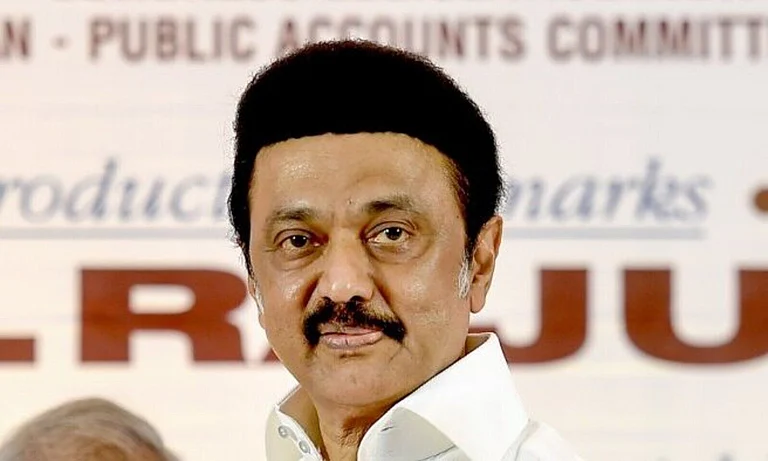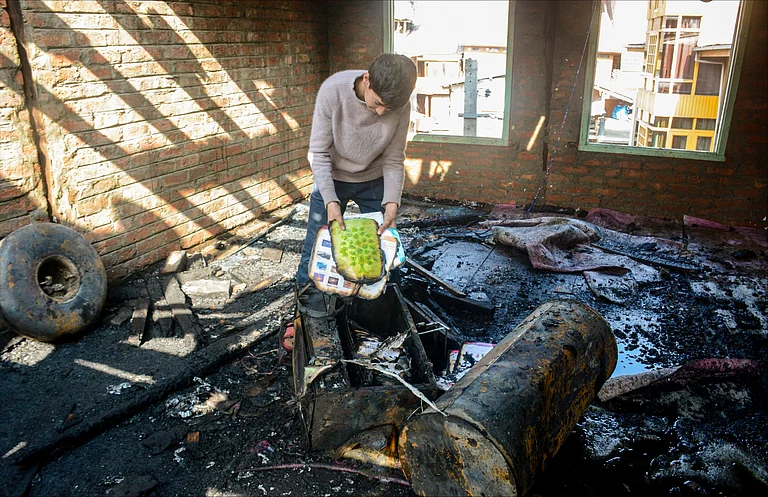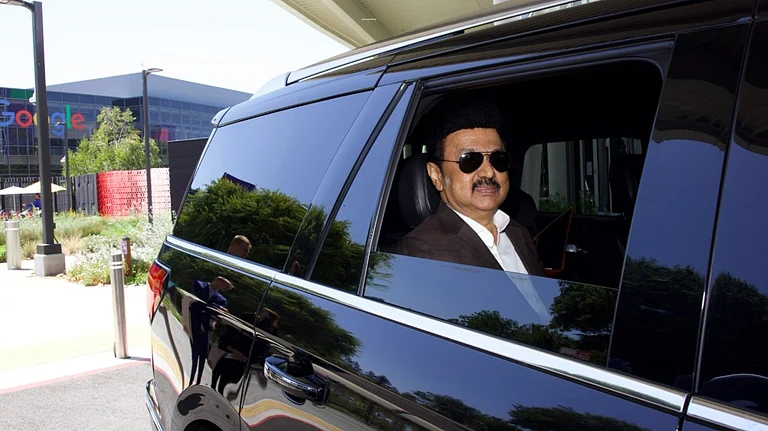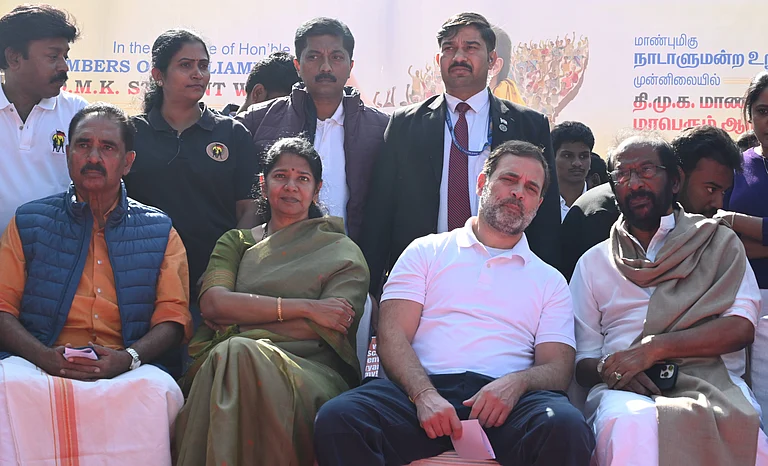Tamil Nadu's Dravida Munnetra Kazhagam (DMK) party has approached the Madras High Court questioning the design of the third-generation M3 Electronic Voting Machines ahead of the upcoming Lok Sabha Elections 2024 and alleged that the model could pave way for corrupt practices in elections.
The plea by DMK says that the present model, in which the Voter Verifiable Paper Audit Trail (VVPAT) is placed between the Balloting Unit and the Control Unit, could pave the way for discrepancies and corrupt practices in the election, a LiveLaw report said.
VVPAT is an independent vote verification system which permits an elector to see whether his vote was cast correctly. The VVPAT generates a paper slip which can be viewed by the voter and the paper slip is kept in a sealed cover and can be opened in case of a dispute.
What Has DMK Alleged
The DMK plea also alleged that fixing the Symbol Loading Unit (SLU) in the VVPAT is in clear violation of the Conduct of Election Rules.
The plea says that as per the Conduct of Election Rules 1961, the Balloting Unit and the Control Unit of the Electronic Voting Machine have to be placed in direct contact with each other and thus placing the VVPAT printer in between the two is violative of Rules 49A, 49B (4), 49E and 49T of the 1961 Rules.
By placing the printer in the middle, the printer will be sending the data to the Control Unit and thus the recording of the vote will be dependent on the printing unit and there would be no guarantee that the input signal received by the printer from the balloting unit would be maintained, the plea says as cited by LiveLaw. Thus, such fixation could pave the way for corruption of data affecting the integrity, it says.
According to the plea, no procedure has been laid down for approval of the Electronic Voting Machines by the Election Commission of India. The plea further says the absence of procedure renders existing process of approval of EVMs arbitrary and non-transparent.



























